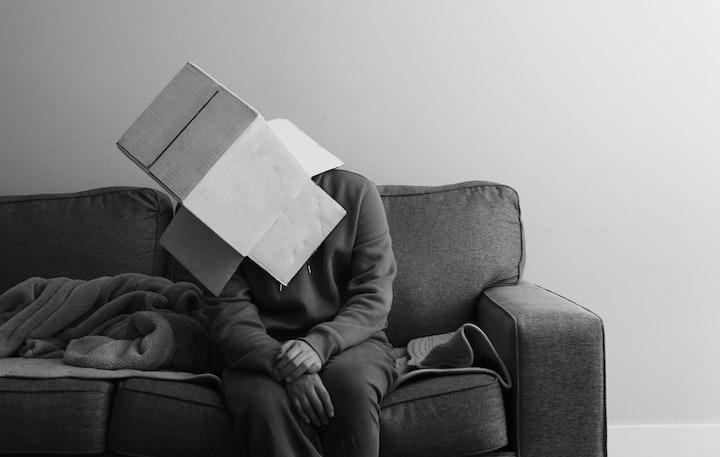Anxiety can have a number of different effects on your head. It can cause you to feel dizzy, lightheaded, or faint. You may also experience a pounding sensation in your head or chest, or you may feel like your heart is racing. Anxiety can also lead to headaches, including tension headaches and migraines. In some cases, anxiety can even cause hallucinations or delusions.
Dizziness
Anxiety is a normal emotion that we all feel at times. It’s a feeling of worry, nervousness, or unease about something that may happen in the future. For some people, anxiety can be disabling and make it difficult to go about their daily lives.
Dizziness is one of the symptoms of anxiety. It’s also a common symptom of other conditions, such as low blood sugar, anemia, dehydration, and certain medications. If you’re feeling dizzy, it’s important to see your doctor to rule out any other underlying causes.
There are many different types of dizziness, including: lightheadedness (a sense that you might faint), vertigo (a spinning sensation), pre syncope (lightheadedness before fainting), disequilibrium (a sense of imbalance), and true vertigo (spinning due to a problem with your inner ear).
Dizziness is often described as feeling off balance or unsteady on your feet. You may feel like you’re going to faint or that the room is spinning around you. These sensations can be very unsettling and may make you feel anxious or panicked.
It’s not always clear why anxiety causes dizziness, but it may be due to the body’s fight-or-flight response being triggered when there’s no real danger present. When we’re anxious, our heart rate increases and we breathe faster than normal.
A choking sensation
A choking sensation can be a symptom of anxiety and can feel like your airway is blocked or closing. This can cause difficulty breathing and may lead to panic. If you experience a choking sensation, it is important to seek medical help immediately.
Sweating on the face
Sweating on the face can be a very embarrassing and socially awkward experience. It can also be a sign of anxiety or stress. If you find yourself sweating on the face more often than not, it’s important to seek help from a medical professional to rule out any underlying health conditions. There are also some things you can do at home to help manage your sweating.
Lightheadedness
Anxiety can also lead to an imbalance of fluid and electrolytes in your body. When this happens, it’s called dehydration and can cause your blood pressure to drop suddenly. This sudden drop in blood pressure can make you feel lightheaded or dizzy.
In some cases, anxiety can be caused by a condition called orthostatic hypotension, which causes a sudden drop in blood pressure when you stand up from sitting or lying down position. This condition is more common in older adults and people with diabetes or certain heart conditions.
Whatever the cause of your lightheadedness, it’s important to seek medical help if you experience this symptom along with other concerning symptoms like chest pain, shortness of breath, irregular heartbeat, or fainting spells. These could be signs of a serious underlying health condition that needs treatment.
Fainting
Anxiety is a normal emotion that everyone experiences at one point or another. It’s often described as feeling nervous, stressed, or scared. For some people, however, anxiety can be much more than just an occasional feeling. It can be a chronic and debilitating condition that interferes with everyday life.
One of the most common symptoms of anxiety is fainting. While it may seem like a relatively harmless symptom, fainting can actually be quite dangerous. When you faint, you lose consciousness and your body goes limp. This can lead to falls and serious injuries.
Fainting is caused by a sudden drop in blood pressure and heart rate. When this happens, blood flow to the brain decreases and you lose consciousness. Anxiety can cause this to happen because it triggers the “fight or flight” response in the body. This response causes your heart rate to increase and your blood pressure to rise in order to prepare you for action (hence the name “fight or flight”). In some people with anxiety, this response happens more easily and more often than it does in others. As a result, they may faint when they’re feeling anxious or under stress even if there’s no real danger present.
